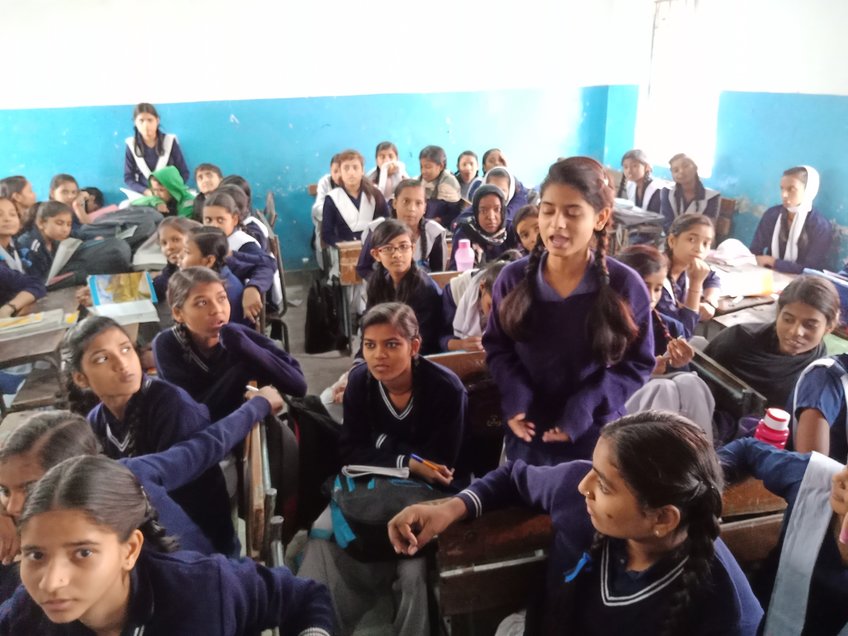Ask the Experts: Bullying and School Kids
By Dr Amit Sen
Bullying I feel is hugely underestimated and a lot of people don’t quite understand what it means.
Schools that say they don’t have bullying– and many schools say they don’t have any bullying in their schools — probably don’t understand what it (entails). Bullying is rampant, across cultures, across different age groups and socio-cultural spaces, so it’s not just in schools, though in schools it’s rampant and is one of the central things that affects mental health in children.
Bullying can be categorised into three broad categories:
- Physical Bullying: Most apparent, people can recognise this because it’s out there
- Emotional Bullying: This often goes unnoticed because of the nature of it
- Cyber-Bullying: This is increasingly damaging to young people
The emotional part is hard to catch on to, there is an under-current to such bullying that happens right from the time children are in junior school – it happens like name-calling, teasing, ostracising someone, starting a rumour or scandal about somebody, all of that constitutes emotional bullying and that happens all the time in pretty much all our schools.
Cyber-bullying is increasing beyond our comprehension and beyond our control.
The signs of bullying are varied and sometimes children who are otherwise well-settled in school might begin to refuse to go to school. They might begin to have signs of anxiety like stomach pain or vomiting in the morning, or they might get distracted in class, or start having other signs of depression, or start crying very easily. They might also begin to withdraw from playing areas, social spaces, become irritable, have mood swings, the younger ones might start bed-wetting. There are a wide range of symptoms.
Particularly for a child who is otherwise well-adjusted in school and begins to show these symptoms, one of the things we should always consider as parents, as school teachers is, Is the child getting bullied? And then look into it, look into relationships, look into what an older child might have got on a mobile phone – of course with their permission!
Since bullying is so real and prevalent, there’s no question that it has to be treated with seriousness and a zero tolerance approach.
Read More in our special series: Ask the Experts




Pingback: Mental Health and College Students
Pingback: Loneliness and Us
Pingback: Ask the Experts: Child and Adolescent Mental Health